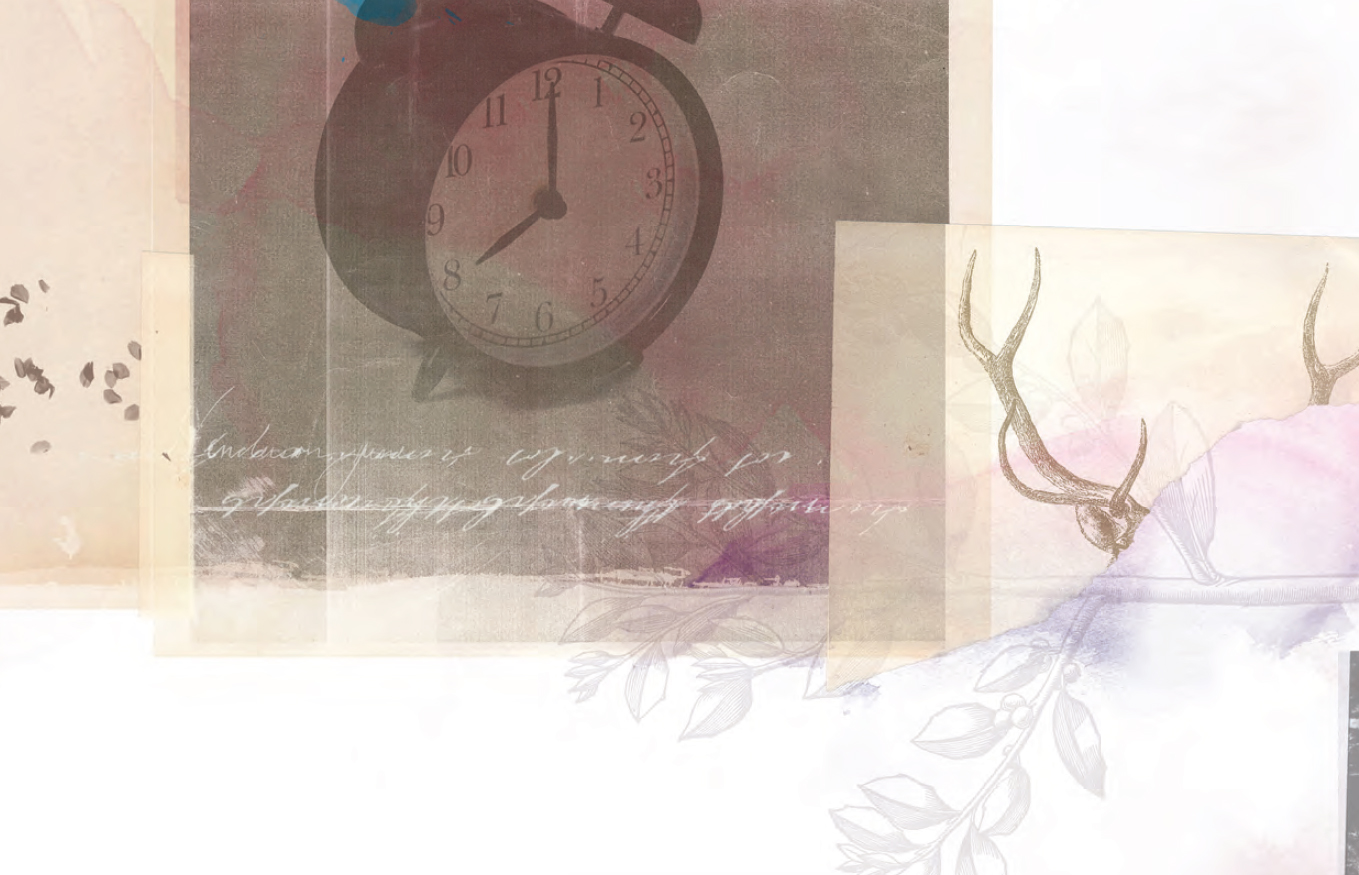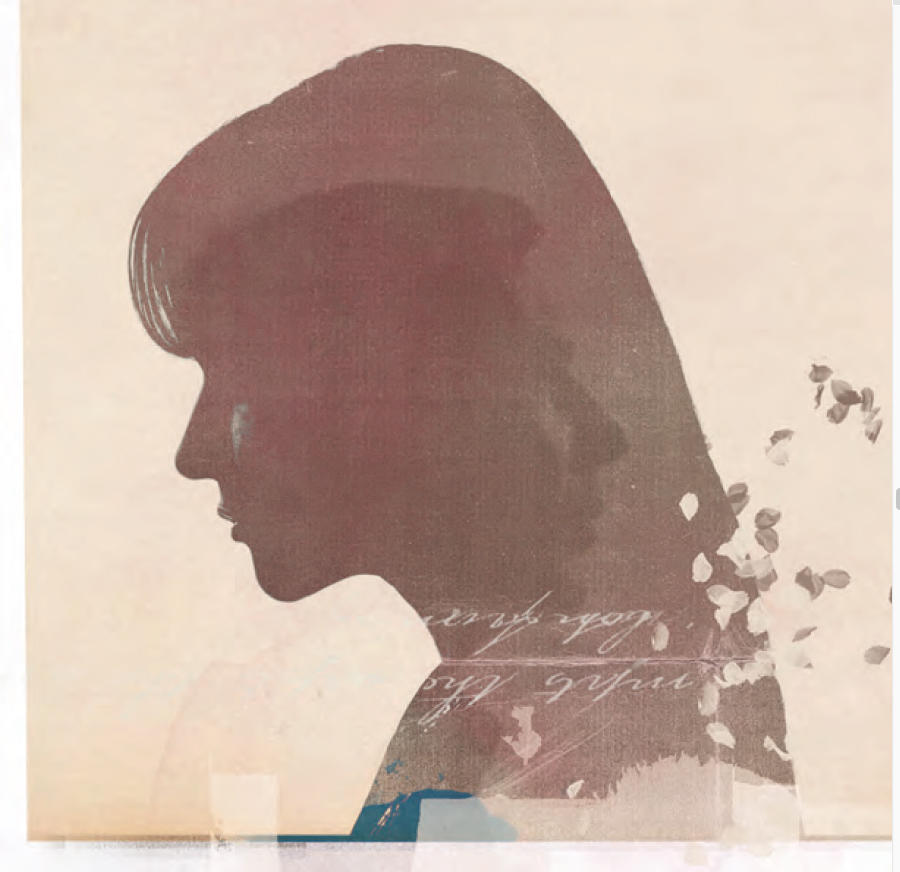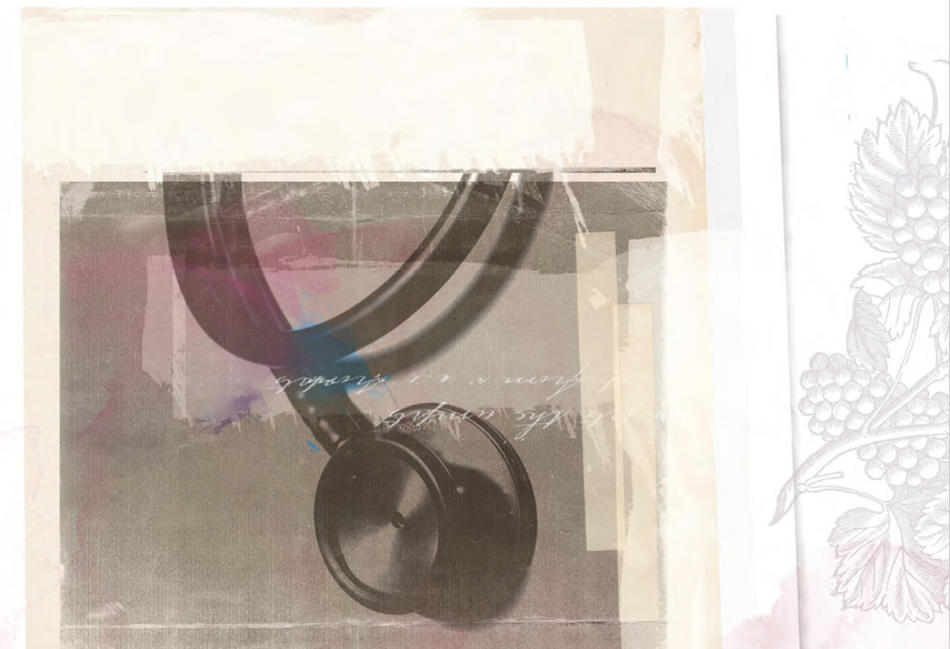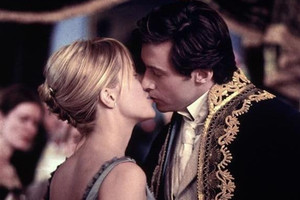
When Sharon Olds’s husband suddenly left her in 1997 after more than thirty years of marriage, she did what she’d long been doing — she sat down with “a ballpoint and my spiral notebook” and began writing poems about the experience. The poems kept coming for fifteen years. They chart the arc from rage and shock (“my job is to eat the whole car / of my anger, part by part”) to a belated acceptance and acknowledgment: “I freed him, he freed me.” As ever, Olds found a way to transform personal pain into powerful art.
Olds, who teaches at NYU, won this year’s Pulitzer Prize in poetry for the book that eventually emerged: Stag’s Leap, a painfully detailed, frank, and ultimately charitable account of divorce’s grief. Now seventy, Olds ’72GSAS still seems youthful in person — her hair is long, her enthusiasms are evident. This jouissance extends into her poems, which have always sought to glean meaning from trauma. Her new collection derives its disconcerting force from Olds’s eye for the telling detail and her capacious vision of the thwarted promises — and built-in limitations — of love. In the best of ways, she makes the reader reflect on how little any of us know about our partners’ inner lives. “I did not know him,” she writes. “I knew my idea of him.”
Like much of Olds’s work, Stag’s Leap has a plainspoken documentary force. In “While He Told Me,” Olds recounts how, as her husband told her he was leaving, she simply “looked from small thing / to small thing, in our room, the face / of the bedside clock, the sepia postcard / of a woman bending down to a lily.” They go to bed together, and she finds herself observing his soon-to-be-gone body. In another poem, she sees him with his new lover and thinks, “you seemed / covered with her, like a child working with glue.”
Olds has always written powerfully and without embarrassment about eroticism and the body — and in particular the male body — describing not only her father’s penis but the pope’s (“While his eyes sleep, it stands up / in praise of God”). Sexual candor is at the core of her work; in her first book, Satan Says, from 1980, she famously wrote, “As soon as my sister and I got out of our / mother’s house, all we wanted to / do was fuck, obliterate / her tiny sparrow body and narrow / grasshopper legs.” In many ways, her work epitomized a strain of confessionalist writing that dominated American poetry in the late 1980s and early 1990s. For these reasons, the poet Billy Collins has called her “a poet of sex and the psyche.” But what’s sometimes missed in all the focus on Olds’s subject matter is her fine formal control. Olds was raised in a “hellfire Calvinist” family in Berkeley, and her early poems are shaped and relentlessly driven by a four-beat hymnal rhythm not unlike Emily Dickinson’s.
Olds published Satan Says when she was thirty-seven, polarizing readers from the start with her sometimes scathing directness and her celebrations of the body in all its messy forms — the body as site of abuse and pleasure, sexuality and fecundity, but also memory and wisdom. The transgressive moments are balanced out by an intuitive, holistic searching for meaning.
The poems in Stag’s Leap have an appealing long-limbed quality. The lines extend more than halfway across the page, and the poems are dense blocks of text, mimicking the mind struggling to untangle and make sense of a new reality. Over the course of the collection, Olds describes telling her mother and her children the news (“But when will I ever see him again?!” her mother asks). She recalls the intimacy of cutting her husband’s hair one day when he was sick, how he was so tall “it was like tree husbandry.” Effortlessly, Olds sounds this mundane familiarity for depth, remembering how that night she “stroked his satiny hair, the viral / sweat creaming out at its edge,” and as he spoke to her, “love / seemed to rest, on us, in a place / where, for that hour, it felt death could not / reach.” Then there’s the moment she finds a photograph of another woman in the washing machine and “later / in the day, I felt a touch seasick, as if / a deck were tilting under me —.”
This is a remarkably generous book, in which the cast-aside wife reexamines her assumptions about a marriage, and by doing so gets at the wordless currents that underlie any long-term erotic and domestic relationship. In this sense, Stag’s Leap is consistent with Olds’s earlier work: she insists on moving beyond pieties and surfaces in order to understand the depths within, until finally time works its effects:
And slowly he starts to seem more far
away, he seems to waft, drift
at a distance, once-husband in his grey suit
with the shimmer to its weave —
The lived experience of loss, Olds suggests, is a confrontation with memory and mystery.
While He Told Me
While he told me, I looked from small thing
to small thing, in our room, the face
of the bedside clock, the sepia postcard
of a woman bending down to a lily.
Later, when we took off our clothes, I saw
his deep navel, and the cindery lichen
skin between the male breasts, and from
outside the shower curtain’s terrible membrane
I called out something like flirting to him,
and he smiled. Before I turned out the light,
he touched my face, then turned away,
then the dark. Then every scene I thought of
I visited accompanied by a death-spirit,
everything was chilled with it,
each time I woke, I lay in dreading
bliss to feel and hear him sigh
and snore. Near sunrise, behind overcast, he got
up to go in and read on the couch,
as he often did,
and in a while I followed him,
as I often had,
and snoozed on him, while he read, and he laid
an arm across my back. When I opened
my eyes, I saw two tulips stretched
away from each other extreme in the old
vase with the grotto carved out of a hill
and a person in it, underground,
praying, my imagined shepherd in make-believe paradise.
Stag’s Leap
Then the drawing on the label of our favorite red
wine looks like my husband, casting himself off a
cliff in his fervor to get free of me.
His fur is rough and cozy, his face
placid, tranced, ruminant,
the bough of each furculum reaches back
to his haunches, each tine of it grows straight up
and branches, like a model of his brain, archaic,
unwieldy. He bears its bony tray
level as he soars from the precipice edge,
dreamy. When anyone escapes, my heart
leaps up. Even when it’s I who am escaped from,
I am half on the side of the leaver. It’s so quiet,
and empty, when he’s left. I feel like a landscape,
a ground without a figure. Sauve
qui peut — let those who can save themselves
save themselves. Once I saw a drypoint of someone
tiny being crucified
on a fallow deer’s antlers. I feel like his victim,
and he seems my victim, I worry that the outstretched
legs on the hart are bent the wrong way
as he throws himself off. Oh my mate. I was vain of his
faithfulness, as if it was a compliment, rather than a state
of partial sleep. And when I wrote about him, did he
feel he had to walk around
carrying my books on his head like a stack of
posture volumes, or the rack of horns
hung where a hunter washes the venison
down with the sauvignon? Oh leap,
leap! Careful of the rocks! Does the old
vow have to wish him happiness
in his new life, even sexual
joy? I fear so, at first, when I still
can’t tell us apart. Below his shaggy
belly, in the distance, lie the even dots
of a vineyard, its vines not blasted, its roots
clean, its bottles growing at the ends of their
blowpipes as dark, green, wavering groans.
Discandied
When my hand is groping on the toolroom shelf for ex-
marital liquor to drink by myself,
it bumps something it knows by one bump
and rustle, one chocolate bar with almonds, then the
muffled thunk of another — he would hide them,
then give me one when I was sad. When he left,
he did not think, as who would,
to go to the caches and empty them, to the
traps and spring them. I take the fascia
of bars to the compost, denude them of their peel,
and chuck them in with the rumps and grinds,
the grounds and eden rinds,
and I carry the bowl outside, to the heap,
and trowel a pit in some eggshell crunch where the
potato sends its crisp shoots
of rage up, I tuck the cocoa
shards in — vanillin to vanillin,
very nut to very nut,
and remember how he hated it
when I tried to get him to talk to me,
tried with a certain steadiness —
nagged him to reveal himself —
maybe these desserts were not only gifts,
but bribes or stops, to close my mouth
an hour on sweetness.
The Healers
When they say, If there are any doctors aboard,
would they make themselves known, I remember when my then
husband would rise, and I would get to be
the one he rose from beside. They say now
that it does not work, unless you are equal.
And after those first thirty years,
I was not the one he wanted to rise from
or return to — not I but she who would also
rise, when such were needed. Now I see them,
lifting, side by side, on wide,
medical, wading-bird wings — like storks with the
doctor bags of like-loves-like
dangling from their beaks. Oh well. It was the way
it was, he did not feel happy when words
were called for, and I stood.
Poems reproduced from Stag’s Leap, published by Alfred A. Knopf.




